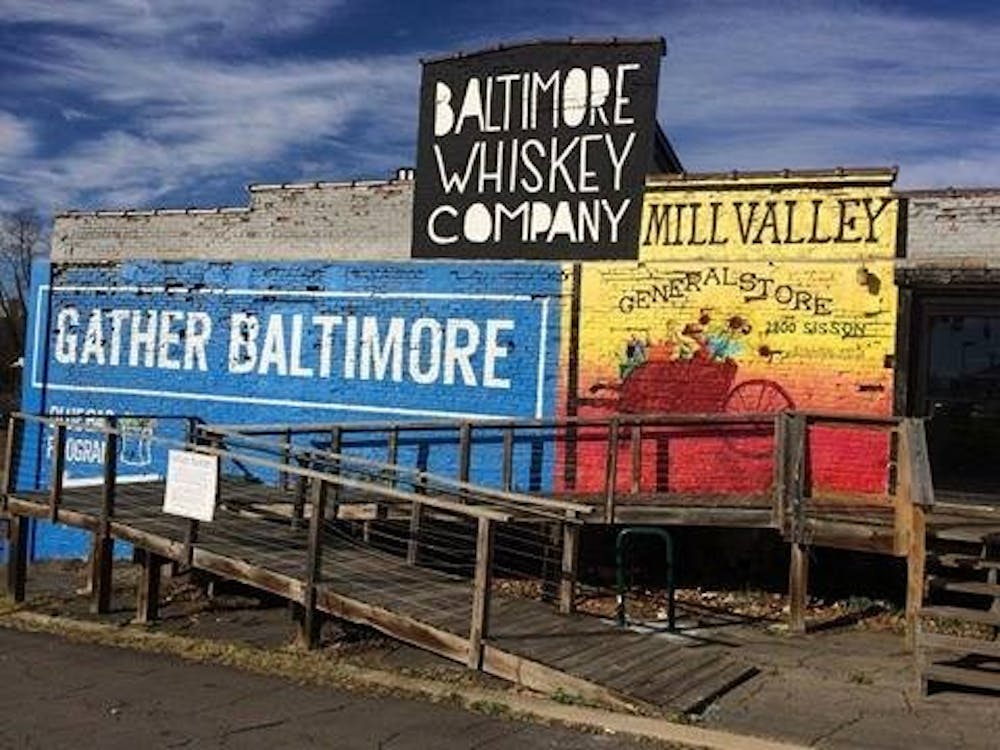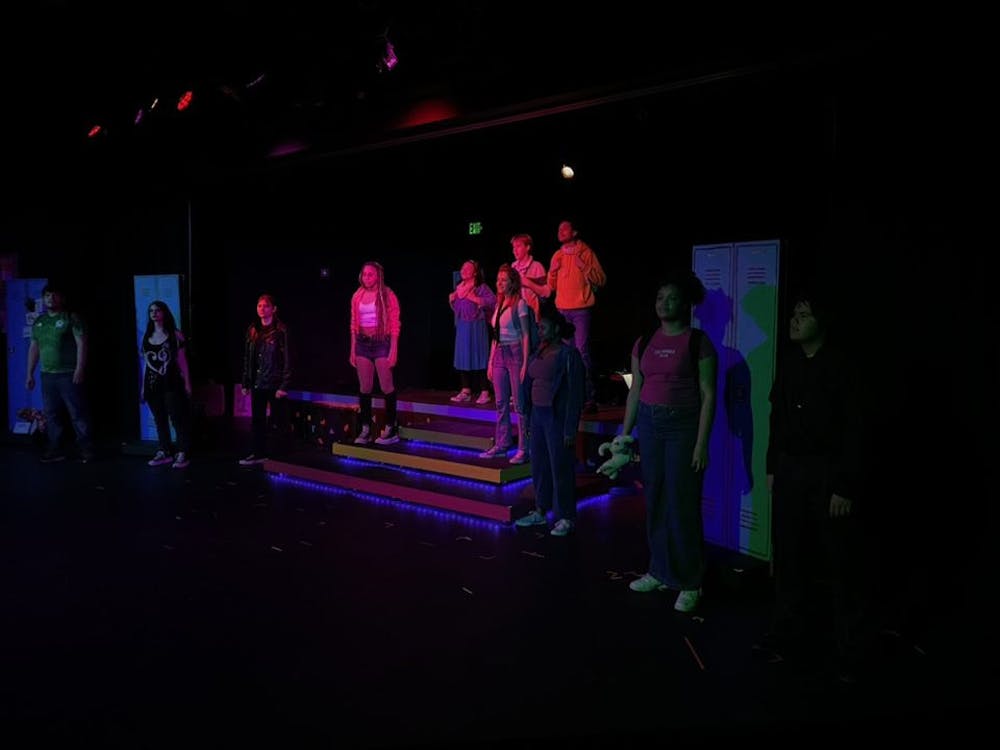Food insecurity is a real threat for many families in Baltimore. But at the corner of Sisson Street and W. 28th Street just off I-83, sits a little-known warehouse of social action. It houses three great entities: Mill Valley General Store, a bulk-buyer’s paradise; Gather Baltimore, an organization providing affordable produce to residents; and The Baltimore Whiskey Company. We’re going to focus on the first two.
Located in Remington at 2800 Sisson St., Mill Valley is about a mile from campus. While it is a little out of the way (it’s certainly not Hampden), seeing a new bit of Baltimore makes Mill Valley even more worth the trip. The neighborhood is interesting and is very safe if you’re with a friend.
Mill Valley’s hours are limited, so plan accordingly if you hope to pick up that bulk dried mango. The store is a large warehouse with simple metal shelves that tower to the ceiling. They’re stocked with everything from fancy soaps at low prices to Bob’s Red Mill flours and peanut butter.
Mill Valley’s fresh produce (quite affordable) is kept refrigerated on the right hand of the store. The open-floor concept makes it very easy to assess what you’re working with in terms of inventory, which seems to be slightly different each week.
However, downstairs is where the real change is happening. While Mill Valley provides a rare service — bringing affordable, niche bulk food to a neighborhood that isn’t teeming with yuppies yet — Gather Baltimore is more overt about their mission.
They want Baltimore residents to eat more fresh fruits and veggies at prices far below the Giant markup.
For a suggested donation of $7 (or whatever they can pay), customers can buy an IKEA blue bag full of beautiful produce. As one Gather Baltimore patron said, “It’s way too much food; I split it with my elderly neighbor because she has a hard time getting out to the shops.”
Gather Baltimore started as an operation out of founder Arthur Gray Morgan’s pickup truck. He worked at Hamilton Crop Circle, a Baltimore farm collective, and noticed that at the end of every farmer’s market heaps of food would be left over either to be discarded or to be sold very cheaply. Morgan knew that there was a clear need in many communities, so he decided to fill it.
“The problem ain’t that there isn’t enough food. There’s way too much food... It’s just not getting to the people.” So at the end of the market, Morgan began collecting excess food and piling it in his truck bed, after which he would drive around to neighborhoods where fresh produce wasn’t available. His pickup truck of produce became an oasis in the city’s food deserts. But Morgan wanted to do more.
He started contacting grocery stores and other farmers to ask what they were doing about their food waste. The response was huge: Sources all over the city donate tons of produce now. Although, he won’t say which sources: “I can’t tell you where the f**k I get my f**kin’ food from, ya know? I can’t have you goin’ to pester my suppliers and then have them get f**king mad at me.”
Morgan says that food distributors were more than happy to pass off their nearly-expired but still good products. “They have to spend so much f**kin’ money to get rid of the food!” Morgan said. Sometimes it’s even trucked into Pennsylvania to be put in a landfill, despite the fact that it’s perfectly edible. The operation grew so large that staying mobile was a challenge: Morgan wanted to set down roots.
“Baltimore communities have been screwed over so many times,” Spoon said. It’s very common for groups to begin aid in a neighborhood and leave after a few months, or move to another area of the city, he explained. “There’s a lack of trust for these organizations.”
Gather Baltimore has been housed in the basement of 2800 Sisson St. for about a year now, and they don’t plan on moving anytime soon, although Spoon hopes they can open hubs elsewhere in the city to broaden their reach. If you’re interested in buying a Blue Bag, stop by from 10 a.m. to 2 p.m. Friday through Sunday. If you want to volunteer to pack the Blue Bags, show up a little earlier. Don’t be surprised if you’re sent away; They stop taking volunteers at ten people.
And be ready to hear some colorful language.























Please note All comments are eligible for publication in The News-Letter.